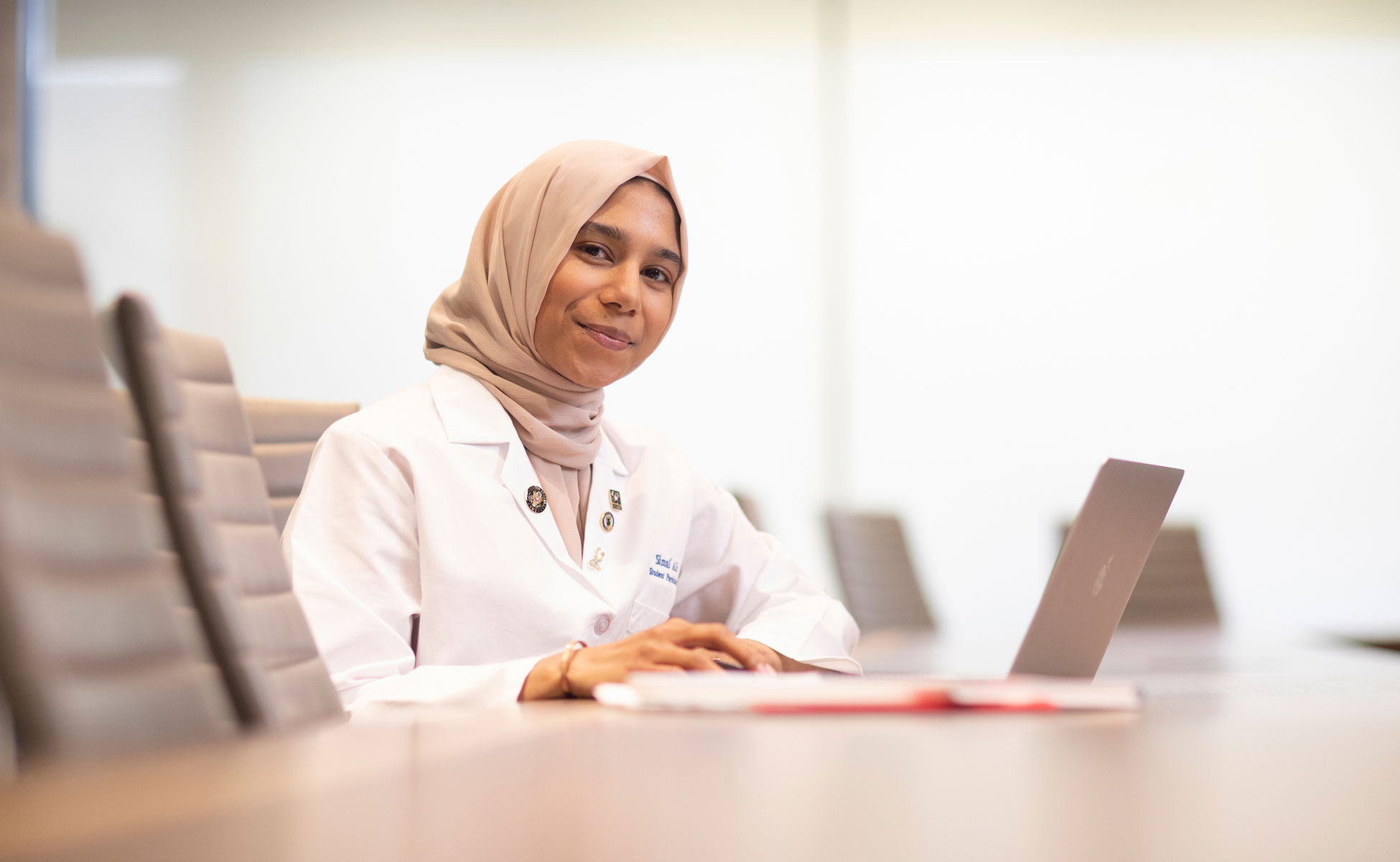The mission of the Touro University Pathologists’ Assistant program is to educate and train students to become highly competent allied health professionals who provide professional surgical pathology, autopsy pathology, and forensic pathology services in collaboration with and under the guidance of a board-certified pathologist.
Upon completion of the program, the graduating students will have necessary knowledge and skills to pass the certification examination by the American Society for Clinical Pathology and to work as qualified pathologists’ assistants in hospitals and pathology laboratories.
The proposed program is designed to immerse students in the biomedical curriculum during the first year in order to prepare them for a second year of clinical rotations in pathology laboratories and departments of major hospitals and medical centers in the tristate area.
Program Goals
The goals of the program are:
- To offer a program for pathologists’ assistants which meets the academic standards of Touro University.
- To provide a program that will give the graduates a solid academic and practical foundation of knowledge for a variety of healthcare settings in surgical and autopsy services.
- To provide an educational background to enable graduates to assume supervisory and teaching roles in the laboratory.
Program Objectives and Outcomes
Graduates of the program will achieve program level outcomes that describe the competencies, skill and knowledge gained at completion of a two-year curriculum:
- Demonstrate the ability to accession, describe gross anatomic feature, photographically document important findings, and dissect human tissue surgical specimens and to prepare specimens for further histological processing
- Demonstrate the ability to properly triage biopsy, surgical and resection specimens and to prepare intraoperative frozen sections
- Demonstrate knowledge of protocols and procedures associated with autopsy including proper authorization, analyzing charts and medical records, synthesize clinical pathologic correlations and preparing protocol for special dissections and sampling
- Demonstrate the ability to perform postmortem examination including in-situ organ inspection, dissection and evisceration, sampling tissues for microscopic examination, photographic documentation and drafting of provisional anatomic diagnosis
- Demonstrate the laboratory skills including proper maintenance of equipment, maintaining the supplies, management of compliance and regulatory issues and biosafety and infection control
- Demonstrate the ability to perform administrative and budgetary duties and performing coding and billing
- Demonstrate understanding of educational theories and be able to teach medical students, residents, and fellows using a variety of teaching techniques
- Demonstrate the ability to effectively communicate and collaborate with other health care professionals and communicate complex anatomic pathology information effectively in written, verbal, and photographic forms
All four students of our first class, the Class of 2024, graduated and obtained full-time positions in New York City hospitals.
Learning Experiences
Learning experiences will include several instructional methods that will be used in semesters one through four and the practical hands-on experience learning during the clinical rotations at the affiliated sites during semesters five and six. Instructional methods will include live lectures and seminars delivered by our faculty, prerecorded full-length lectures recorded by our faculty, primers or short prerecorded videos, virtual microscopic and gross slide review and analysis, lectures delivered by guest lecturers, group discussions, case studies, independent study, reading assignments, SimLab simulated dissections and dictations, and clicker labs. A practical clinical experience will include full-immersion participation in routine work of anatomic and autopsy pathology activities of an active pathology service laboratory.


